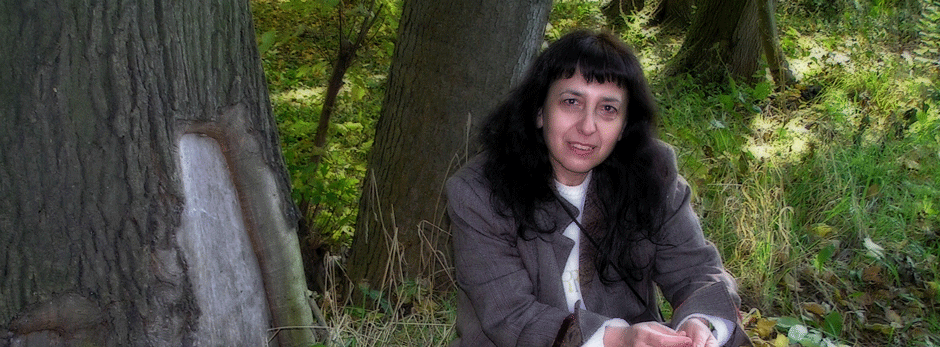FIRST AND LAST LINES IN NOVELS
The most important line in the story is the last line, but the reader will never get there unless you have a first line that will make them keep reading. Here are some favorite first and last lines from famous classics:
Openings
QUOTE LIKE: You can clearly see it as a quote that stands on its own.
- “Happy families are all alike; every unhappy family is unhappy in its own way.” –Leo Tolstoy in Anna Karenina
- From this first line, you know that the author is going to talk about an unhappy family.
- “When we are confronted by the unknown, the known –however disagreeable– attains new value in our eyes.” –Edna Lee in A Web of Days
Here seems like the protagonist comes to new appreciation of the known by confronting the unknown, which perhaps might not be that pleasant.
VIVID DESCRIPTIONS: Every little phrase paints a picture in your mind
- “During the whole of a dull, and soundless day in the autumn of the year, when the clouds hung oppressively low in the heavens, I had been passing alone, on horseback, through a singularly dreary tract of country, and at length found myself, as the shades of the evening drew on, within view of the melancholy House of Usher.” –Edgar Alan Poe in, The Fall of the House of Asher.
- This moody description gives us a clue that something odd is going on in “the melancholy House of Usher,” which sets the scene for a mystery story.
- “On they went, singing “Rest Eternal,” and whenever they stopped, their feet, the horses, and the gusts of wind seemed to carry on their singing.” –Boris Pasternak in Doctor Zhivago
- Now you wonder, “who is this jolly party, where do they come from and where are they going, in what seems the heart of winter?”
STATEMENT LIKE: Something that has already happened and it’s a fact.
- “Well, Prince, Genoa and Lucca are now no more than private estates of the Bonaparte family.” –Leo Tolstoy in War and Peace
- This statement reveals the setting where the conversation takes place –some palace or other environment where princes move- and that there has been a war with Napoleon where places like Genoa and Lucca have been conquered and become estates of the Bonaparte family.
POETIC: It contains the rhythm, vision and abstraction of poetry. (The following is one of my favorites in Modern literary genre.)
- “My wound is geography. It is also my anchorage, my port of call.” Pat Conroy in The Prince of Tides.
- Immediately we know that the protagonist’s wounds have to do with a particular place but at the same time, that place is the place he loves, the place where he returns, where his roots are.
Getting into a story effectively is important, but getting out of it even more effectively is a lot harder.
Endings
SUM UP: The tragic ending tied up to the former innocent years.
- “The boat reappeared –but brother and sister had gone down in an embrace never to be parted: living through again in one supreme moment, the days when they had clasped their little hands in love, and roamed the daisied fields together.” –George Elliot in, The Mill on the Floss.
AN END AND A BEGINNING: Makes you wonder about the future.
- “The two speechless gazers bent themselves down to the earth, as if in prayer, and remained thus a long time, absolutely motionless; the flag continued to wave silently. As soon as they had strength they arose, joined hands again, and went on.” –Thomas Hardy in Tess of the D’Urbervilles.
- “The creatures outside looked from pig to man, and from man to pig, and from pig to man again; but already it was impossible to say which was which.” –George Orwell in Animal Farm
HAPPY ENDING: The change and the higher goal.
- “I had nothing now on this side of the grave to wish for: all my cares were over; my pleasure was unspeakable. It now remained, that my gratitude in good fortune should exceed my former submission in adversity.” –Oliver Goldsmith in The Vicar of Wakefield
CONTINUITY: Nothing ends except for the story itself.
- “Yet the lies that Melkor, the mighty and accursed, Morgoth Bauglir, the Power of Terror and of Hate, sowed in the hearts of Elves and Men are a seed that does not die and cannot be destroyed; and ever and anon it sprouts anew, and it will bear dark fruit even unto the latest days.” J.R.R. Tolkien in The Silmarillion
![]() By Elena Tinga
By Elena Tinga



